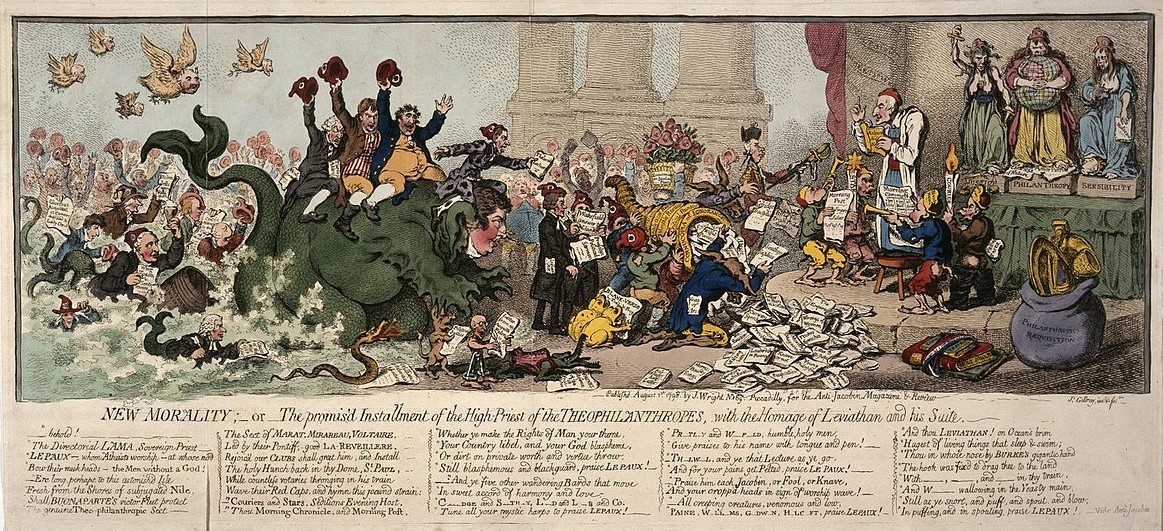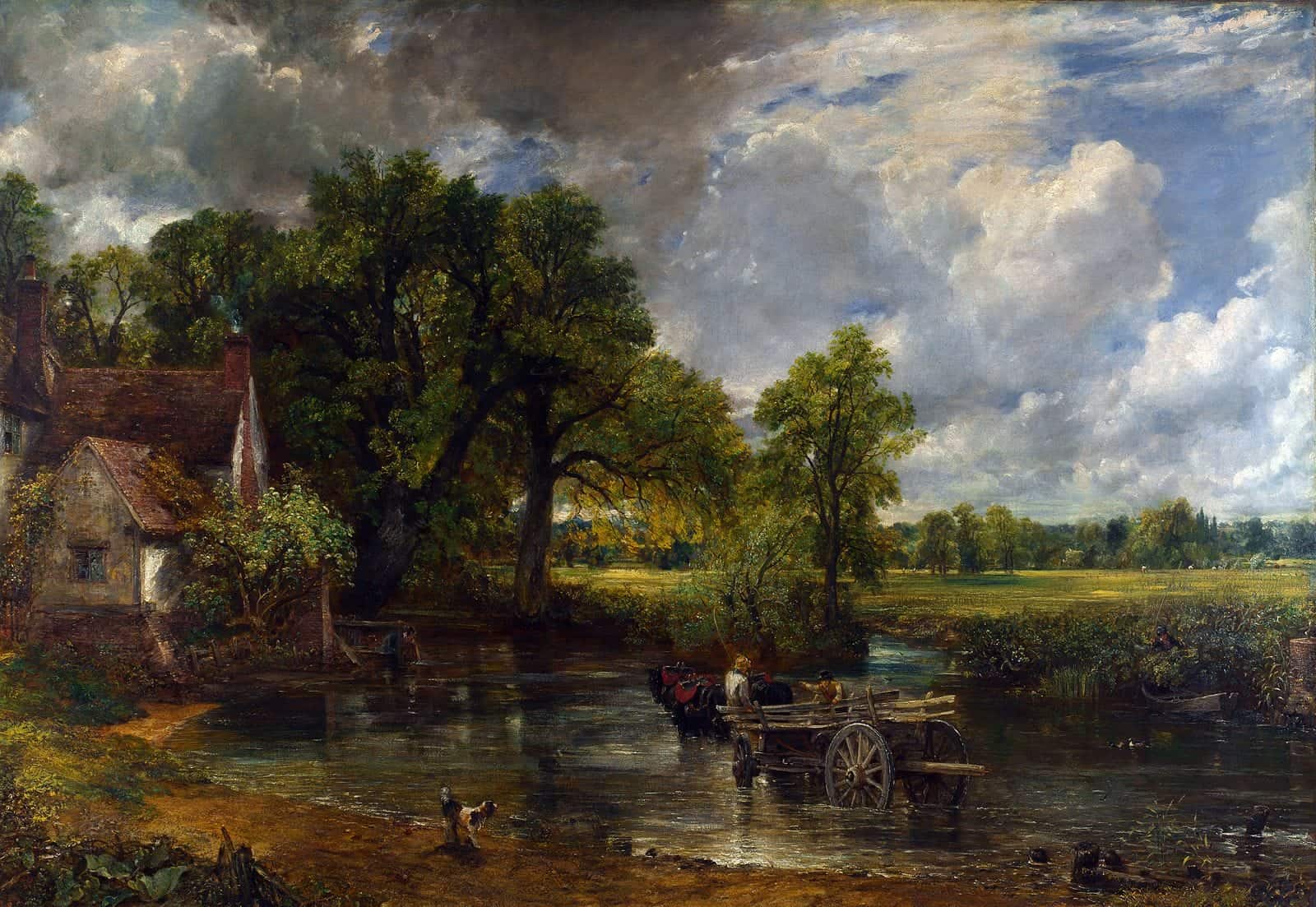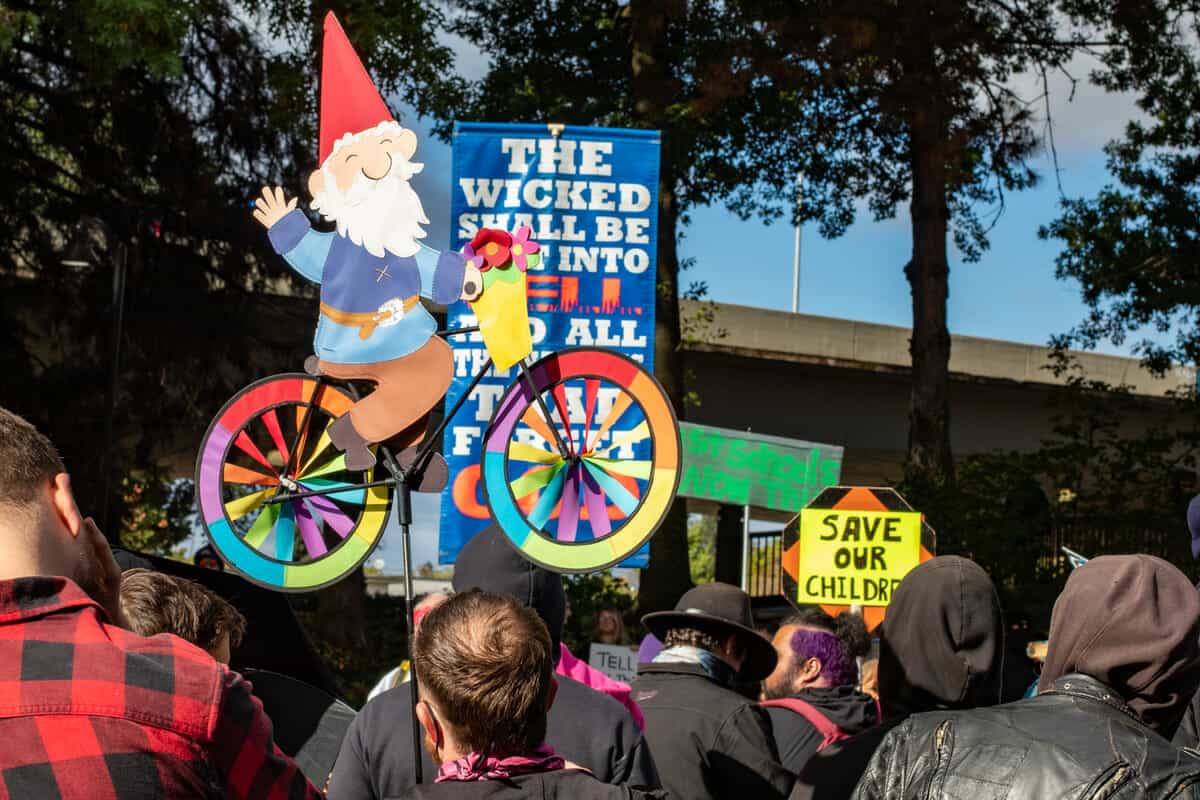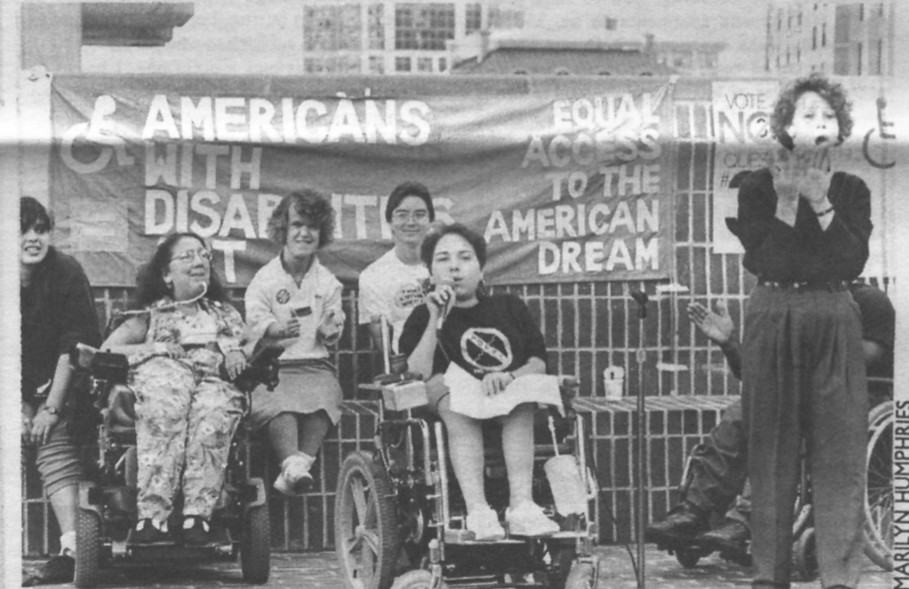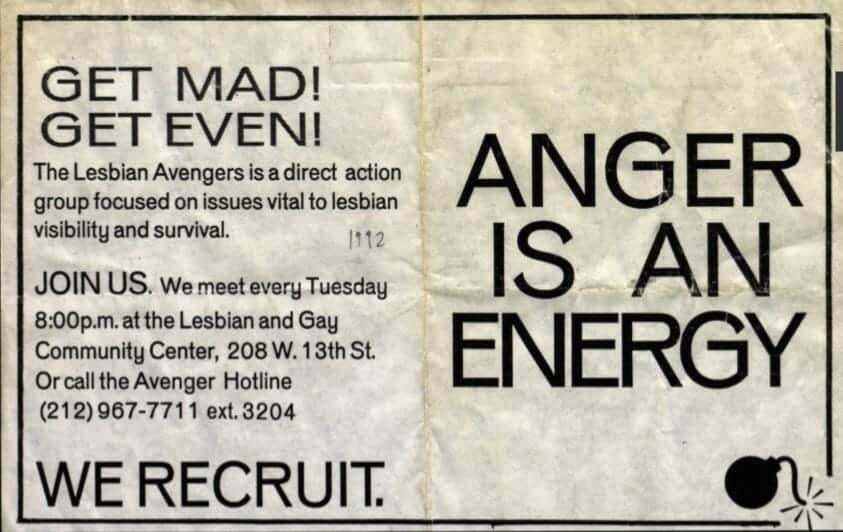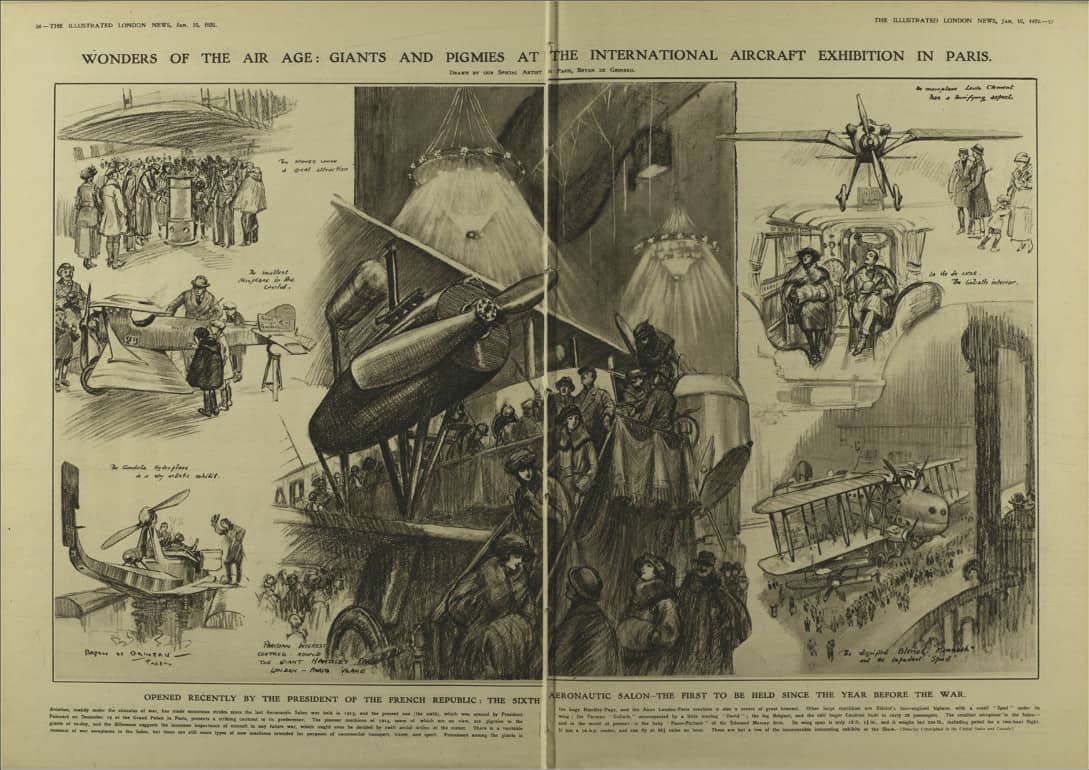│By Poppy Sargent, Gale Ambassador at the University of Exeter│
The first year ‘Approaches to Criticism’ module taught to English students at the University of Exeter is notoriously one of the hardest compulsory modules, spanning across both first and second term. Throughout this module, you learn to think about yourselves as infinitely complex social and political subjects and how our social and political being shapes reading practices, focusing on systems and subjects in relation to one another.
Leveraging literature from Gale Primary Sources, this blog will highlight how Gale supports this module, sourcing manuscripts and monographs to aid students and lecturers in their work. By focusing on three of (in my opinion) the most interesting and crucial topics of this module, I will show you how Gale’s extensive archives highlight articles covering Marxism, Bodies and Medicine, and Critical Race Studies.

